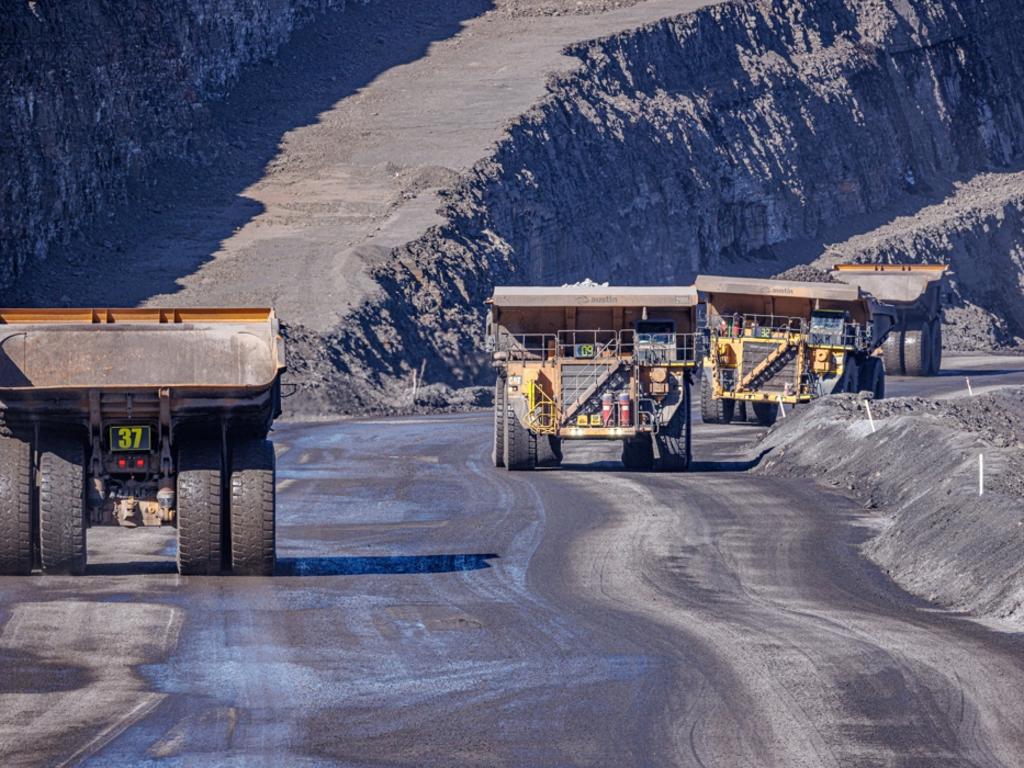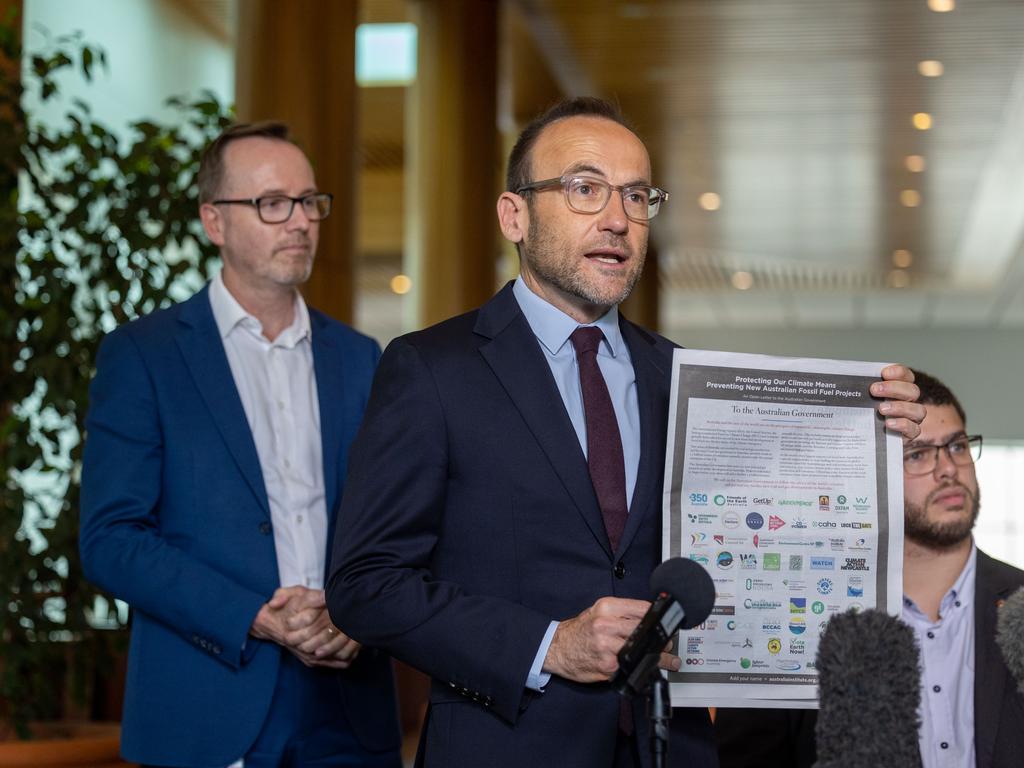Councils want fund to reduce carbon emissions
Local governments are calling on the federal government to invest in a $200m emissions-reductions fund to help councils cut their emissions.

Local governments are calling on the federal government to invest in a $200m emissionsreductions fund to help councils cut their emissions, saying they will play a key role in helping the nation move towards net zero.
The Australian Local Government Association says 537 local governments will be critical to the nation creating a more sustainable and clean-energy future and helping the federal government deliver on its target of 43 per cent below 2005 levels by 2030.
In a pre-budget submission to the federal government, the peak body seeks a $50m a year commitment over four years to help local governments reduce their greenhouse gas emissions.
“Investing in local clean solutions presents multiple benefits for Australian communities, including job creation, cheaper energy, better housing and the development of growth industries,” the submission reads.
“It can also increase Australian communities’ resilience to the impacts of climate change and global market instability.”
Association president Linda Scott said the fund would help councils turbo-charge their emissions reductions, arguing that towns and cities were best placed to help meet emissions targets while creating jobs and supporting local economies.
“Local governments across the nation have been leading climate action and reducing their carbon footprints for more than 20 years,” Ms Scott said.
“As the sphere of government closest to the community, local governments are critical to empowering communities and creating a sustainable, prosperous future for Australia – as well as helping the government achieve its target of net-zero emissions by 2050.
“Investing in local clean energy solutions will create new jobs, deliver cheaper energy and better housing while increasing our resilience to climate change.”
In the submission, the association said the fund could specifically help councils move their fleets to electric, increase tree canopy cover and biodiversity, support local economies transition from fossil fuel energy to renewable alternatives and retrofit council-owned buildings to increase energy efficiency.
The push is in collaboration with Cities Power Partnership, Australia’s largest network of councils committed to net zero, and the International Council for Local Environmental Initiatives, a body set up to support councils across the Pacific region to accelerate climate action.
CPP director Portia Odell said the most common barrier for councils addressing emissions reductions was a lack of funds.







To join the conversation, please log in. Don't have an account? Register
Join the conversation, you are commenting as Logout